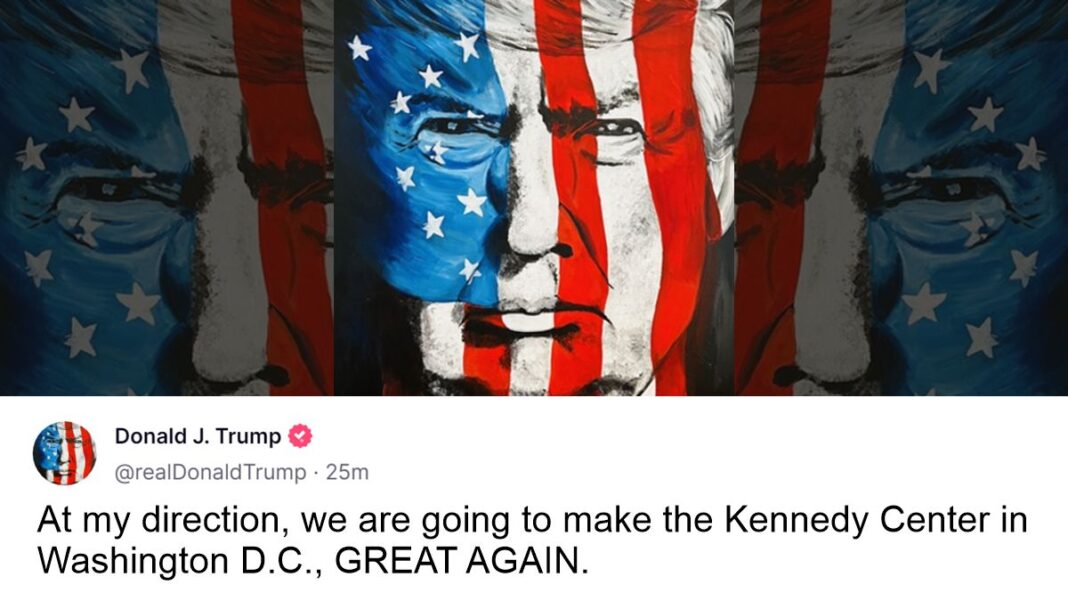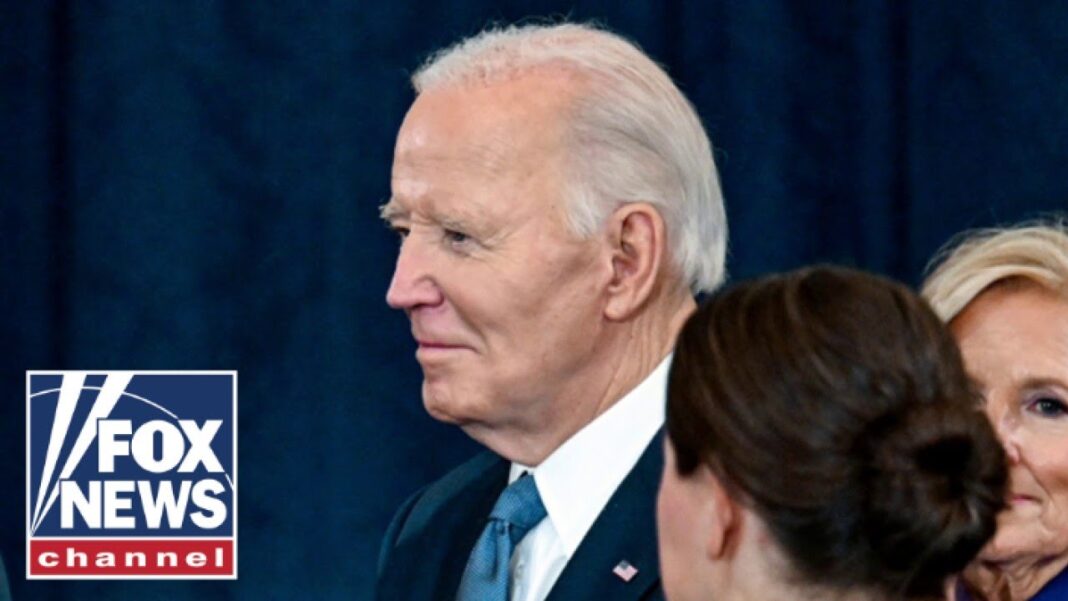It has been going on since the COVID-19 Pandemic. The federal government, along with large tech-media companies, have apparently colluded in an effort to censor Americans.
President Trump in an effort to right this wrong, is issuing executive decisions designed to undermine this toxic duplicity before Americans lose all their trust in the media and the government.
Americans have complicated feelings about their relationship with “Big Tech.” While they have appreciated the impact of technology over recent decades, many have also grown critical of the industry with concerns about the executives who run them.
A contentious issue in politics, critics accuse tech firms of political bias and stifling open discussion. Amid these concerns, Pew Research found that about three-quarters of U.S. adults say it is very (37%) or somewhat (36%) likely that social-media sites intentionally censor political viewpoints they find objectionable.
The survey notes that the public is about evenly divided on the issue of “fact checking,” with little confidence that these platforms could determine which content should be flagged.
Partisanship is a key factor in views about the issue. Fully 73% of Democrats say they (strongly or somewhat) approve of social media companies labeling posts as inaccurate or misleading. On the other hand, 71% of Republicans say they at least (somewhat disapprove) of this practice.
Reacting to President Trump’s professed determination to disrupt this destructive culture of public-private collaboration against Americans, “Big Tech” has made a U-turn in its policies. No longer will it play the role of “divine seer” with regard to what is and is not “the truth.”
Meta is getting rid of “fact checkers.”
“Fact checkers have been too politically biased and have destroyed more trust than they’ve created,” Zuckerberg said last week. “What started as a movement to be more inclusive has increasingly been used to shut down opinions and shut out people with different ideas, and it’s gone too far.”
The decision likely has something to do with Meta’s recent negotiated settlement with Donald Trump. Zuckerberg has agreed to settle with the president after the latter accused the company of violating his rights by suspending his social media accounts following the Jan. 6 attack on the Capitol.
Meta will be making a donation of $22 million to Trump’s presidential library and paying $3 million in legal fees.
President Trump, however, has also pointed his executive pen towards the federal government. He ordered that no federal officer, employee or agent may unconstitutionally abridge the free speech of any American citizen.
The president’s executive order comes after Trump accused the federal government of pressuring social media companies to take down lawful posts, allegedly containing “misinformation.”
It should be noted that the federal government has been complicit in censorship since 1798, when John Adams signed a bill that made it illegal to even criticize a government official without proving one’s criticisms in court.
The situation is not that different today, 226 years later. The federal government has been intimately involved in efforts to censor not only American citizens but any speech it felt was inconsistent with its conceptualization of “the truth,” especially during the COVID-19 Pandemic era and since then.
Consider this headline in 2023 from Reason.com, “The 5th Circuit Agrees That Federal Officials Unconstitutionally ‘Coerced’ or ‘Encouraged’ Online Censorship.”
A three-judge panel of the 5th Circuit unanimouslyagreed that the White House, Surgeon General Vivek Murthy, the Centers for Disease Control and Prevention (CDC), and the FBI had “coerced” or “significantly encouraged” the platforms, “in violation of the First Amendment,” to suppress speech that federal officials viewed as “dangerously” inaccurate or misleading.
The 5th Circuit notes in a per curiam opinion that “a group of federal officials has been in regular contact with nearly every major American social-media company about the spread of “misinformation” on their platforms. In their concern, those officials – hailing from the White House, the CDC, the FBI, and a few other agencies – urged the platforms to remove disfavored content and accounts from their sites.”
The court concluded, “the platforms seemingly complied. They gave the officials access to an expedited reporting system, downgraded or removed flagged posts, and deplatformed users. The platforms also changed their internal policies to capture more flagged content and sent steady reports on their moderation activities to the officials. That went on through the COVID-19 pandemic [and] the 2022 congressional election, and continues to this day.”
The government apparently decided that the First Amendment didn’t apply to them. It flaunted federal laws protecting free speech as well as those against conspiracies to abridge the rights of citizens. It abused the federal power of its high office to pressure companies, threatening repercussions if they refused to comply.
There appears to be this idea that the Fifth Amendment’s “right to due process” need not be acknowledged by the government. There was none in the censorship regime that was invoked by its perpetrators.
There are specific federal statutes — 18 U.S. Code §241 and §242 – that speak to these prohibitions. The first applies to federal government employees, and the second applies to private actors, concerning what is called “deprivation of rights” and “conspiracy to deprive rights.”
It is not legal under the U.S. Criminal Code for government employees or private entities to engage in a conspiracy to deprive people of their constitutional rights. The Fifth Circuit was clear – the government employees involved were way over the line. As for the media (tech) companies, those on the ‘left’ pose the question of whether they are victims or perpetrators — or both. They will, of course, argue that they are victims only – the downstream subjects of pressure, not the cause.
But the statutes and the Fifth Circuit are clear – the government cannot exert any kind of pressure, even soft pressure, on companies to censor.
It’s against federal law.
The right to free speech is a long-standing tradition in the United States, unfortunately, respecting the right to free speech is not.







